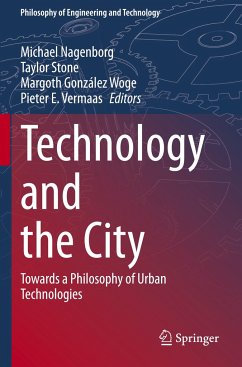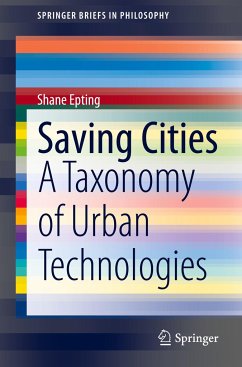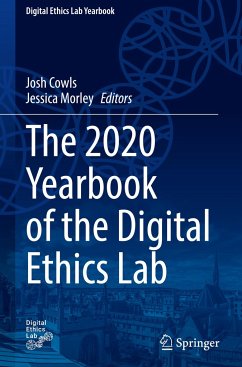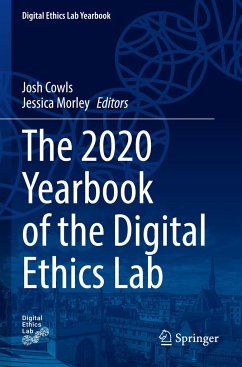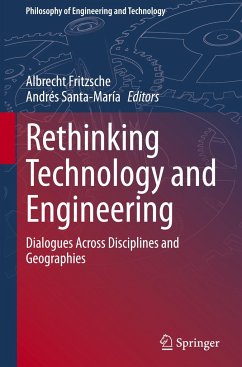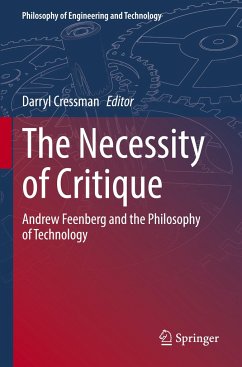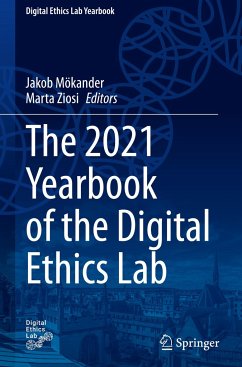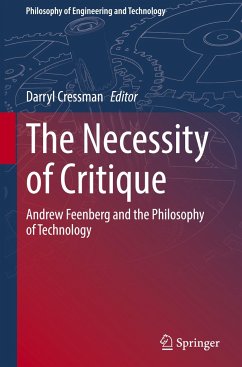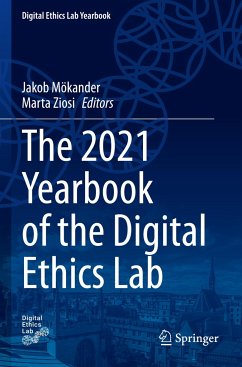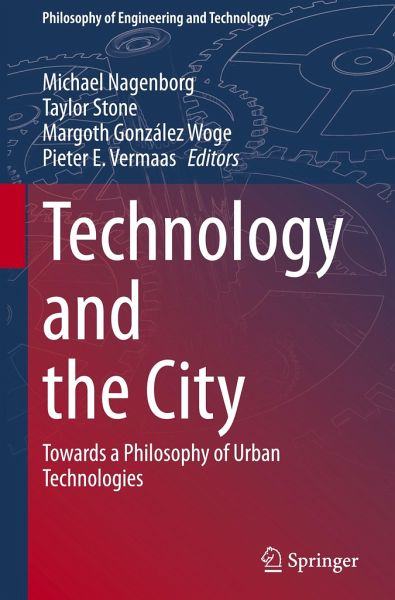
Technology and the City
Towards a Philosophy of Urban Technologies
Herausgegeben: Nagenborg, Michael; Stone, Taylor; González Woge, Margoth; Vermaas, Pieter E.

PAYBACK Punkte
53 °P sammeln!
The contributions in this volume map out how technologies are used and designed to plan, maintain, govern, demolish, and destroy the city. The chapters demonstrate how urban technologies shape, and are shaped, by fundamental concepts and principles such as citizenship, publicness, democracy, and nature. The many authors herein explore how to think of technologically mediated urban space as part of the human condition. The volume will thus contribute to the much-needed discussion on technology-enabled urban futures from the perspective of the philosophy of technology. This perspective also cont...
The contributions in this volume map out how technologies are used and designed to plan, maintain, govern, demolish, and destroy the city. The chapters demonstrate how urban technologies shape, and are shaped, by fundamental concepts and principles such as citizenship, publicness, democracy, and nature. The many authors herein explore how to think of technologically mediated urban space as part of the human condition. The volume will thus contribute to the much-needed discussion on technology-enabled urban futures from the perspective of the philosophy of technology. This perspective also contributes to the discussion and process of making cities 'smart' and just. This collection appeals to students, researchers, and professionals within the fields of philosophy of technology, urban planning, and engineering.



